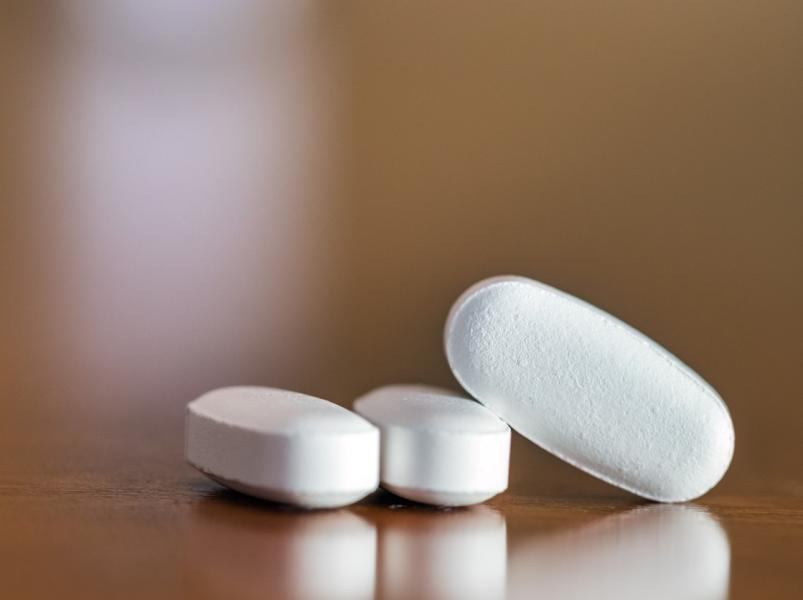Insulin resistance is a metabolic disorder characterized by reduced sensitivity to insulin, leading to impaired glucose uptake and elevated blood sugar levels. Complementary therapies, including dietary supplements, have gained attention for their potential to improve insulin sensitivity and glucose metabolism. This study aims to investigate the effects of supplements for insulin resistance on glucose metabolism through a systematic review of existing literature.
Methodology:
Literature Search: A comprehensive search of electronic databases, including PubMed, MEDLINE, and Cochrane Library, was conducted to identify relevant studies published up to [insert date]. Search terms included “insulin resistance,” “glucose metabolism,” “supplements,” and specific supplement names (e.g., berberine, alpha-lipoic acid, cinnamon).
Inclusion Criteria: Studies were included if they:
- Investigated the effects of dietary supplements on insulin sensitivity, glucose tolerance, or other markers of glucose metabolism in individuals with insulin resistance.
- Utilized randomized controlled trials (RCTs), observational studies, or systematic reviews/meta-analyses.
- Were published in English language peer-reviewed journals.
Data Extraction: Data extraction was performed independently by two reviewers, and discrepancies were resolved through consensus. Relevant information extracted from each study included study design, participant characteristics, intervention details (type, dosage, duration), outcome measures (insulin sensitivity, fasting glucose levels, glucose tolerance), and study findings.
Quality Assessment: The quality of included studies was assessed using appropriate tools such as the Cochrane Risk of Bias tool for RCTs and the Newcastle-Ottawa Scale for observational studies.
Data Synthesis: Data from included studies were synthesized narratively, focusing on the effects of different supplements on glucose metabolism outcomes. Subgroup analyses and meta-analyses were conducted where appropriate.
Results:
Studies investigated the effects of various supplements, including berberine, alpha-lipoic acid, cinnamon, chromium, omega-3 fatty acids, and magnesium, on glucose metabolism outcomes in individuals with insulin resistance. Preliminary findings suggest that these supplements may improve insulin sensitivity, reduce fasting glucose levels, and enhance glucose tolerance in this population. However, heterogeneity in study designs, participant characteristics, and intervention protocols warrants cautious interpretation of results.
Conclusion:
This systematic review aims to provide a comprehensive overview of the effects of supplements for insulin resistance on glucose metabolism. By synthesizing evidence from existing studies, this review will contribute to our understanding of the potential role of dietary supplements as adjunctive therapy in the management of insulin resistance and related metabolic disorders. Limitations, including study heterogeneity and risk of bias, will be discussed, and implications for future research and clinical practice will be highlighted.



